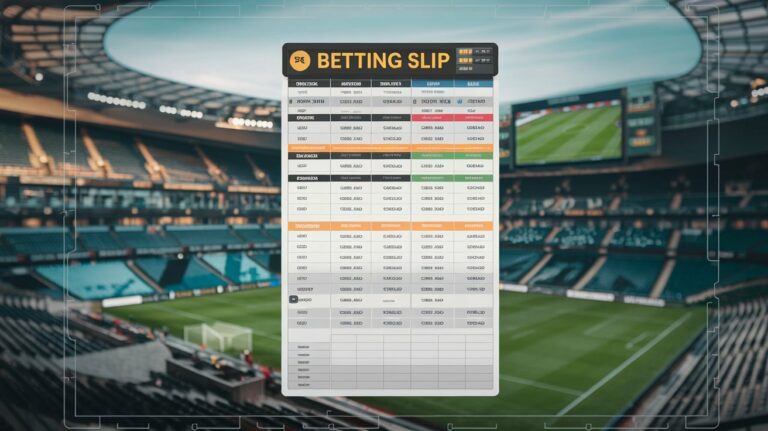The Legal Landscape of Fantasy Sports Platforms: World777 login, 11xplay online, Betbook247
world777 login, 11xplay online, betbook247: Fantasy sports platforms have gained immense popularity in recent years, allowing sports enthusiasts to create their teams and compete against each other based on the real-life performance of athletes. While these platforms offer a fun and interactive way for fans to engage with their favorite sports, the legal landscape surrounding fantasy sports is complex and constantly evolving.
1. The Unregulated Beginnings
Fantasy sports platforms first emerged in the 1980s and operated in a legal grey area for many years. The lack of clear regulations allowed these platforms to thrive without facing significant legal challenges.
2. The Rise of Daily Fantasy Sports
The introduction of daily fantasy sports (DFS) platforms, such as DraftKings and FanDuel, brought fantasy sports to a wider audience. These platforms allowed users to participate in contests and win cash prizes based on the performance of athletes on a single day.
3. Legal Challenges
The legal status of DFS platforms came under scrutiny in several states, with some jurisdictions arguing that these platforms constituted illegal gambling. This led to a series of legal battles and regulatory challenges for the industry.
4. The Fantasy Sports Contests Act
To address the legal uncertainty surrounding fantasy sports, several states have passed legislation known as the Fantasy Sports Contests Act. This legislation provides a legal framework for the operation of fantasy sports platforms and sets out guidelines for consumer protection and responsible gaming.
5. Licensing and Regulation
Many states now require fantasy sports operators to obtain a license and comply with regulatory requirements to ensure the integrity of contests and protect consumers. This has added a layer of oversight to the industry, ensuring fair play and transparency.
6. Online Gambling Laws
The legal classification of fantasy sports as a game of skill rather than chance has been crucial in distinguishing these platforms from traditional forms of gambling. This distinction has helped fantasy sports operators navigate complex online gambling laws and regulations.
FAQs
Q: Are fantasy sports platforms legal?
A: The legality of fantasy sports platforms varies by state, with many jurisdictions passing legislation to regulate the industry and ensure consumer protection.
Q: Can I win cash prizes on fantasy sports platforms?
A: Yes, many fantasy sports platforms offer cash prizes for contests based on the performance of athletes.
Q: Is fantasy sports considered gambling?
A: Fantasy sports are generally considered a game of skill rather than chance, which sets them apart from traditional forms of gambling.
In conclusion, the legal landscape of fantasy sports platforms is constantly evolving, with states enacting regulations to ensure fair play and consumer protection. By understanding the legal framework surrounding fantasy sports, both operators and users can enjoy these platforms while remaining compliant with the law.







